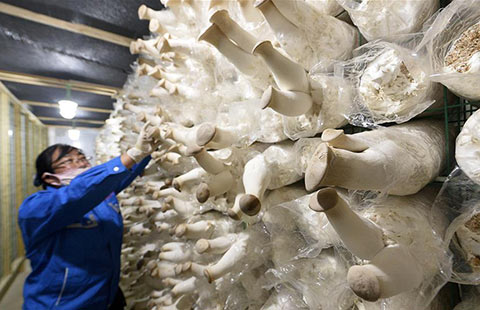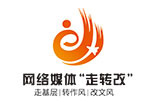Curbs on backdoor listing valuations 'being considered'
By Bloomberg (China Daily) Updated: 2016-05-11 10:39
China's stock regulator is considering measures to curb the flow of overseas-traded Chinese companies seeking backdoor listings in the domestic equity market, according to people with knowledge of the matter.
The China Securities Regulatory Commission is weighing possible restrictions on reverse mergers, including capping valuation multiples for deals involving companies that previously traded overseas, according to the people.
Another option being discussed is introducing a quota to limit the number of reverse mergers each year from companies formerly listed on a foreign bourse, the people said, asking not to be identified.
Chinese regulators are concerned the valuations mooted for some domestic backdoor listings are too high and could affect the stability of the stock market, the people said.
The government also wants to avoid encouraging more buyouts that could prompt a wave of fund outflows and increase depreciation pressure on the yuan, they said.
At least 47 US-traded Chinese companies have received buyout offers totaling $42.6 billion since the start of last year, lured by the prospect of relisting at a higher valuation in Shanghai or Shenzhen, data compiled by Bloomberg show.
Any new regulations could affect companies like US-listed security software maker Qihoo 360 Technology Co, whose $9.3 billion buyout is still pending after it signed a definitive deal agreement in December.
"The A-share market has not stabilized yet, and the government is worried that the return of companies with stronger brand names will suck in a lot of liquidity from smaller companies," said Ronald Wan, chief executive officer of Partners Capital International in Hong Kong.
"They are very cautious and sensitive to anything that will affect stability in the market at the moment."
Any cap on reverse merger valuations would temper investor expectations of quick gains from wealth-management products tied to domestic relistings, according to one person with knowledge of the matter.
- VR headsets, wearable devices and 3D printing dominates 2nd CES Asia
- Foreign direct investment rises 4.8% on high-tech, manufacturing
- Spanish tourism needs to be more 'Chinese-friendly'
- Baidu will shift its business model to AI
- BOC ready for relaunch of NPL securitization pilot
- Chinese coal giant's emissions to fall after upgrades
- Chinese property outlook stable, but pressure remains: Moody's
- Tourism authority to pilot freelance tour guide services

















